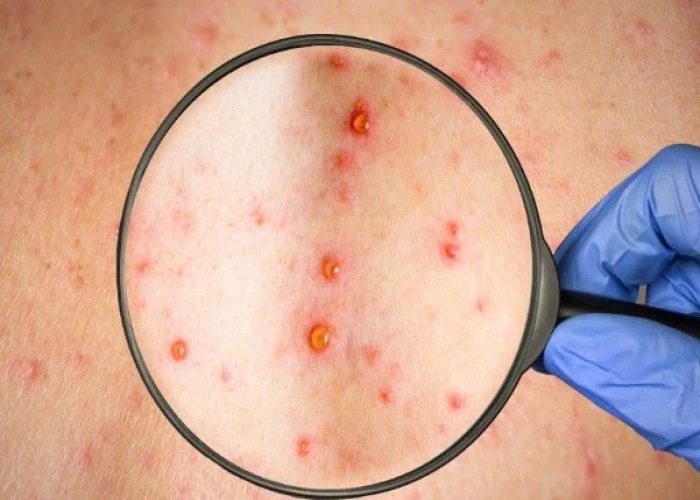 Welcome
Welcome
“May all be happy, may all be healed, may all be at peace and may no one ever suffer."
Rubella
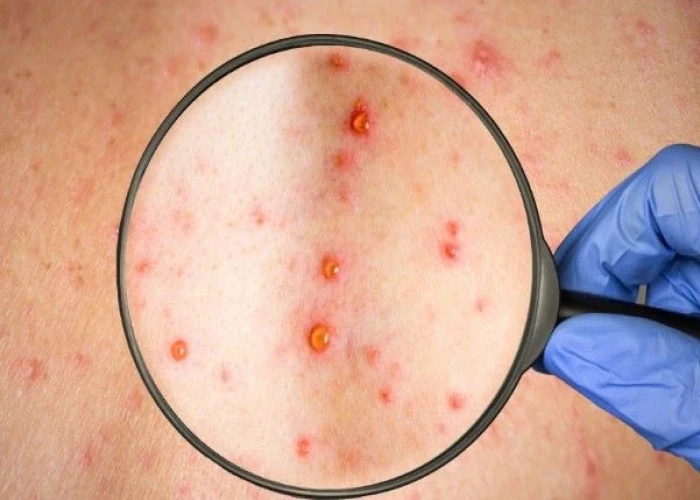
Rubella, also known as German measles, is a viral illness caused by the rubella virus. It is typically a mild illness, but can have serious consequences for pregnant women and their developing fetuses.
Symptoms of rubella may include a low-grade fever, sore throat, runny or stuffy nose, headache, rash, and swollen lymph nodes. The rash typically starts on the face and spreads to the trunk and limbs, and usually lasts for about three days. Symptoms may be more severe in adults than in children.
Rubella is highly contagious and can spread through respiratory secretions, such as coughing and sneezing. It can also be spread through contact with an infected person's urine or blood. Rubella can be particularly dangerous for pregnant women, as the virus can cross the placenta and cause serious birth defects or miscarriage.
There is no specific treatment for rubella, but symptoms can be managed with over-the-counter pain relievers and fever reducers. Prevention is the best approach, and vaccination is highly effective at preventing the disease. The rubella vaccine is typically given as part of the MMR (measles, mumps, and rubella) vaccine, which is recommended for all children and adults who have not previously been vaccinated or who have not had the disease.
Research Papers
Disease Signs and Symptoms
- Fever
- Headaches
- Runny nose
- Red eyes (conjunctivitis)
- Enlarged lymph nodes
- Joint pain
- Arms, shoulders or jaw pain
- Enlarged, tender lymph nodes at the base of the skull, the back of the neck and behind the ears
- Aching joints, especially in young women
Disease Causes
Rubella
Rubella is caused by a virus that's passed from person to person. It can spread when an infected person coughs or sneezes. It can also spread by direct contact with an infected person's respiratory secretions, such as mucus. It can also be passed on from pregnant women to their unborn children via the bloodstream.
A person who has been infected with the virus that causes rubella is contagious for one to two weeks before the onset of the rash until about one or two weeks after the rash disappears. An infected person can spread the illness before the person realizes he or she has it.
Rubella is rare in many countries because most children receive a vaccination against the infection at an early age. In some parts of the world, the virus is still active. This is something to consider before going abroad, especially if you're pregnant.
Disease Prevents
Rubella
The rubella vaccine is usually given as a combined measles-mumps-rubella (MMR) vaccine. Doctors recommend that children receive the MMR vaccine between 12 and 15 months of age, and again between 4 and 6 years of age — before entering school. It's particularly important that girls receive the vaccine to prevent rubella during future pregnancies.
Babies born to women who have received the vaccine or who are already immune are usually protected from rubella for six to eight months after birth. If a child requires protection from rubella before 12 months of age — for example, for certain foreign travel — the vaccine can be given as early as 6 months of age. But children who are vaccinated early still need to be vaccinated at the recommended ages later.
Widespread concerns have been raised about a possible link between the MMR vaccine and autism. However, extensive reports from the American Academy of Pediatrics, the National Academy of Medicine and the Centers for Disease Control and Prevention conclude that there is no scientifically proven link between the MMR vaccine and autism. There is also no scientific benefit to separating the vaccines.
These organizations note that autism is often identified in toddlers between the ages of 18 and 30 months, which is about the time children are given their first MMR vaccine. But this coincidence in timing typically shouldn't be mistaken for a cause-and-effect relationship.
Disease Treatments
No treatment will shorten the course of rubella infection, and symptoms don't usually need to be treated because they're often mild. However, doctors often recommend isolation from others — especially pregnant women — during the infectious period.
If you contract rubella while you're pregnant, discuss the risks to your baby with your doctor. If you wish to continue your pregnancy, you may be given antibodies called hyperimmune globulin that can fight off the infection. This can reduce your symptoms, but doesn't eliminate the possibility of your baby developing congenital rubella syndrome.
Support of an infant born with congenital rubella syndrome varies depending on the extent of the infant's problems. Children who have multiple complications may require early treatment from a team of specialists.
Lifestyle and home remedies
Simple self-care measures are required when a child or adult is infected with the virus that causes rubella, such as:
- Bed rest
- Acetaminophen (Tylenol, others) for relief from fever and aches
Preparing for your appointment
As you prepare for your appointment, it's a good idea to write down any questions you have. Your doctor is likely to ask you a number of questions as well. Being ready to answer them may reserve time to go over any points you want to spend more time on. Your doctor may ask:
- Have you been vaccinated for rubella?
- How long have you had signs or symptoms, such as a rash or aching joints?
- Have you been exposed to anyone with rubella?
- Have you traveled to other countries in recent weeks? Which countries?
- Does anything seem to improve your symptoms?
- Does anything seem to worsen your symptoms?
When you check in for the appointment, be sure to tell the check-in desk that you suspect an infectious disease. The person may choose to give you a face mask or show you to your room immediately.
Disease Diagnoses
Disease Allopathic Generics
Disease Ayurvedic Generics
Disease Homeopathic Generics
Disease yoga
Rubella and Learn More about Diseases
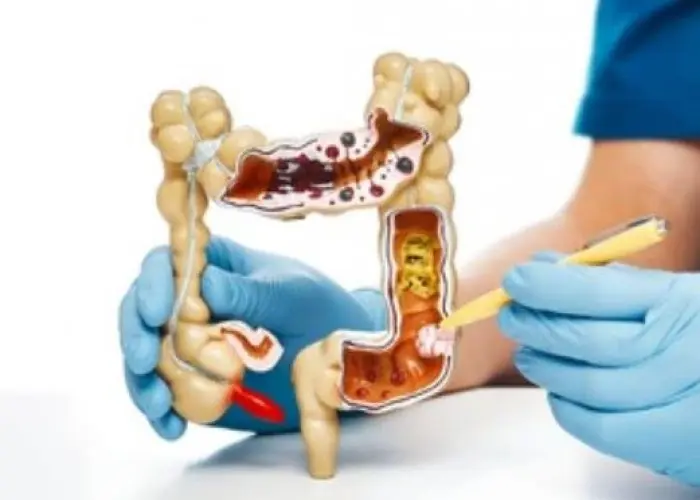
Colon cancer

Serotonin syndrome

Heart attack

Heartburn (Acidity)

Persistent depressive disorder (dysthymia)
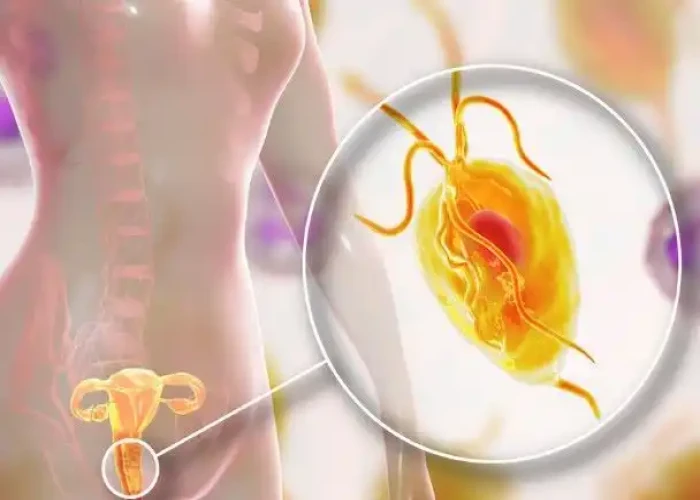
Trichomoniasis

Chronic hives
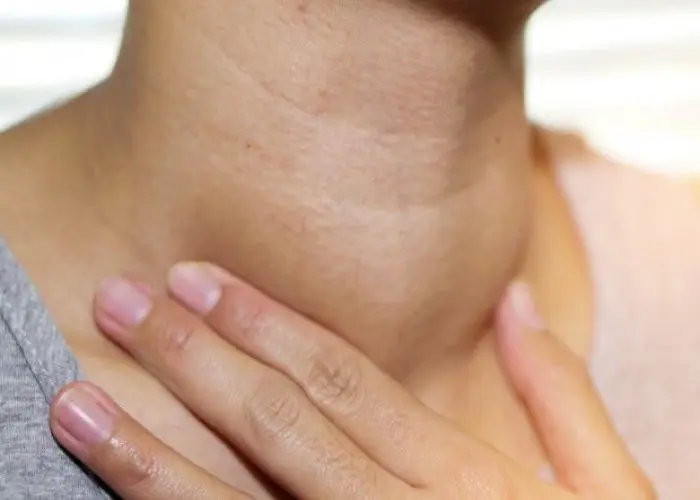
Hyperthyroidism (Overactive Thyroid)
rubella, রুবেলা
To be happy, beautiful, healthy, wealthy, hale and long-lived stay with DM3S.
